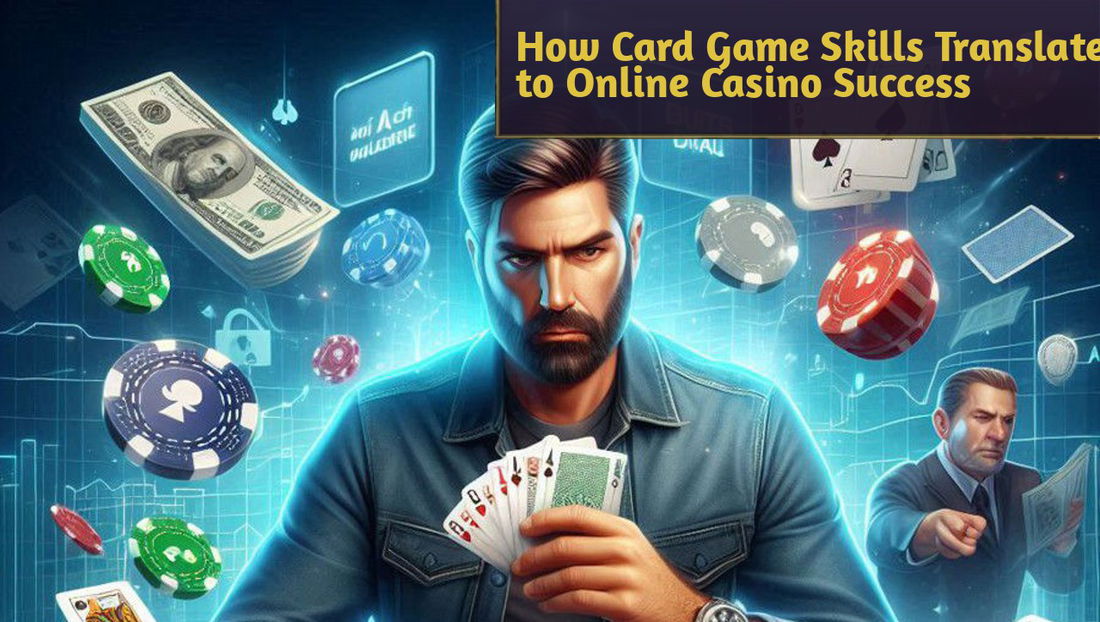These same skills are invaluable in online gambling, where understanding terms, odds, and hidden conditions is often essential to making smart bets or avoiding costly mistakes. By studying how TCG players analyze card effects, restrictions, probabilities, etc, we can apply those lessons towards more secure gambling practices online.
1. Understanding Rules and Conditions Can Avoid Expensive Mistakes
TCGs place importance on every word written on a card, from reading "if" and "unless" clauses to misreading them altogether. A single misread can completely change an outcome; Magic: The Gathering's Counterspell card reads, "Counter target spell," but some spells have "can't be countered" clauses that prevent this action. Similarly, online gambling bonuses often come with fine print requirements of "30x wagering requirements on deposit + bonus," meaning withdrawing even a $100 bonus could require $3,000 worth of bets before withdrawing it!
TCG players who fail to read the fine print and gamblers who ignore terms risk losing games; to prevent this:
● Break Down Complex Terms - Just like TCG players dissect card texts line by line, gamblers should carefully examine bonus conditions.
● Consider any exceptions - Some casino bonuses exclude high return-to-player (RTP) games from wagering contributions.
● Confirm before Committing - To prevent confusion in TCG tournaments and gambling activities, judges are available to clarify rulings, while customer support should verify any unclear terms.
2. Probability Assessment Is an Acquired Skill
TCG players must always be mindful of odds. For instance, Magic players need to determine their chances of drawing a land card on turn 3 or hitting a combo piece in Yu-Gi-Oh! These calculations reflect gambling probabilities - knowing whether red will win out in roulette or whether your poker hand improves can inform smarter betting decisions.
Example: A Pokémon player using four copies of a key card from their 60-card deck stands a 40% chance of drawing it in their initial hand.
Blackjack players stand an estimated 4.8% chance of receiving a natural 21 hand.
Players who understand these odds:
● Avoid high-risk bets (e.g., longshot parlays with 20:1 odds).
● Recognize when guaranteed promotions (such as "free spins with deposit") still favor the house.
● Utilise basic statistics to ascertain whether a game warrants long-term investment.
3. Bankroll Management Is Non-Negotiable
TCG players understand the value of managing their budget carefully--whether purchasing single cards instead of random packs, or saving tournament entry fees for high-value events. This practice mirrors gambling bankroll management, where reckless spending leads to fast losses.
● Budget for Variance - Just as TCG players should save for unlucky streaks, gamblers should only risk money they can afford to lose.
● Avoiding Sunk Cost Fallacy - In TCGs, holding onto an inferior deck simply because you invested is like gambling away your losses.
● Setting Win/Loss Limits - Professional players often cash out their winnings rather than risk them all on one bet; smart gamblers do the same.
Magic players might allocate $50/month for drafts, while gambling enthusiasts might set a weekly deposit limit of $100 - both tactics serve to protect against emotional overspending.
4. Recognizing Manipulative Tactics Protects Players
TCG publishers use psychological tactics like using chase cards (ultra-rare, powerful cards) to increase pack sales. Casinos employ similar strategies:
● "Losses disguised as wins" (slot machines celebrating a $0.50 win on a $1 bet).
● Time-limited "exclusive" bonuses designed to push players into making quick deposits are common tactics used by marketers.
● Artificial Scarcity ("We have only three seats left at this poker table!").
Experienced TCG players understand these strategies and avoid impulse buys. Gamblers can adopt similar skepticism by:
● Avoiding "limited-time" pressure.
● Before betting, it is wise to do an investigation into real odds (such as slot RTPs ).
● Abstain from games designed to tap into FOMO (fear of missing out).
5. Community Knowledge Provides Protection Against Exploitation
TCG players rely on crowdsourced wisdom such as tier lists, meta analyses, and scam alerts from players to make sound investments in cards. Players in gambling depend on forums and watchdog sites for the same purpose.
As an example, before purchasing expensive cards in Yu-Gi-Oh! a player may evaluate deck win rates to assess potential investment returns. For Australian players specifically, keeping up with current industry standards is crucial. This recent analysis of licensed operators reveals important trends in payout reliability and customer service responsiveness.
Gamblers rely on AskGamblers or CasinoMeister reviews to ascertain a casino's payout speed.
Trustworthy sources include:
● UKGC and MGA are two regulatory bodies for licensed casinos.
● Player reports of slow withdrawals or unbalanced games have come up.
● Blacklists of websites with unresolved complaints.
Conclusion
Trading card games offer players an essential skill set for responsible gambling: paying attention to details, thinking critically about odds, and managing resources effectively--all essential for responsible online gambling. By treating gambling terms like card rules and applying disciplined bankroll strategies, such as TCG veteran assessment of probabilities to avoid risks as much as possible, while enjoying online gaming with reduced risks. Remember: Always read the fine print! In both gaming and gambling, details matter most!






— Comentarios 0
Se el primero en comentar